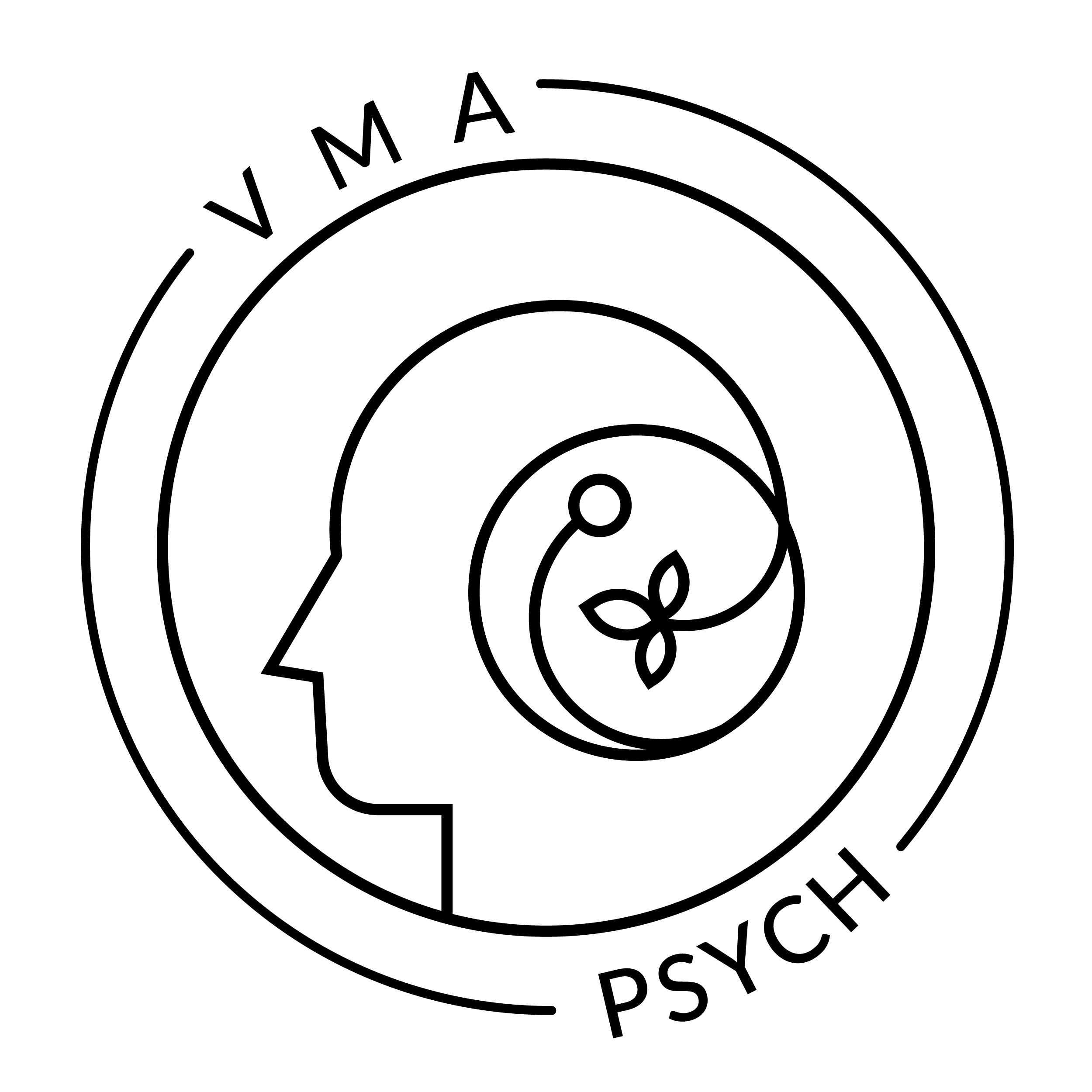Autism anger often arises from sensory overload, communication struggles, or unmet expectations, and can significantly affect both the individual and those around them. This article explores what autism anger is, its root causes, and five practical strategies for support and managing intense emotional outbursts.
What Is Autism Anger?
Autism anger refers to the intense emotional responses that can arise in individuals with autism spectrum disorder (ASD). Unlike general frustration or irritability, autism anger is frequently triggered by sensory sensitivities, communication difficulties, or unexpected changes to routines. For adults with autism, this anger may manifest in various ways, including:
Outbursts: Yelling, crying, or other heightened displays of emotion.
Withdrawal: Avoiding social situations or environments to prevent confrontation.
Physical Actions: Hitting objects, pacing, or engaging in other physical expressions of anger.
Recognizing that these behaviours often stem from underlying causes—rather than intentional actions—can help foster empathy and provide a solid foundation for effectively addressing autism anger in adults.

Common Causes of Anger in Adults with Autism
Anger in adults with autism is often triggered by specific challenges related to their environment, communication, or emotions. These triggers can vary widely depending on individual sensitivities, experiences, and coping mechanisms. Understanding these common causes is crucial for identifying patterns and developing strategies to address how to deal with autism anger in adults. Some common causes include:
Sensory Overload: Crowded spaces, loud noises, bright lights, or strong smells can overwhelm the senses, leading to discomfort or distress. For individuals with heightened sensory sensitivities, even minor stimuli can become unbearable.
Difficulty Expressing Emotions:For many adults with autism, verbalizing feelings of frustration, sadness, or discomfort can be a significant challenge. This difficulty often leads to a buildup of tension, which may manifest as anger.
Changes in Routine: Routine and predictability often provide a sense of security for individuals with autism. Sudden changes, such as disruptions to a daily schedule or unexpected alterations in plans, can create anxiety and emotional dysregulation, with anger surfacing as an immediate reaction to the perceived loss of control.
Social Misunderstandings: Social interactions can be particularly challenging for adults with autism, especially when it comes to interpreting tone, body language, or social cues. Misunderstandings during conversations can lead to feelings of isolation, embarrassment, or rejection, which may, in turn, trigger anger.
The Emotional and Physical Impact of Anger
Unmanaged anger can have far-reaching emotional and physical consequences, including:
Emotional Exhaustion: Intense emotional outbursts can leave individuals feeling overwhelmed and drained.
Increased Anxiety: Frequent episodes of anger can elevate overall stress levels, making emotional regulation more difficult.
Strained Relationships: Persistent anger may lead to tension in personal and professional relationships, resulting in feelings of isolation.
Health Impacts: Chronic stress associated with anger can contribute to issues such as high blood pressure, headaches, and sleep disturbances.
Risk Factors: If the anger physically manifests, it can put the individual and others at risk if unmanaged.
Acknowledging these impacts highlights the importance of addressing anger constructively.
5 Techniques for Calming Intense Emotions
1. Identify and Avoid Triggers
Understanding what provokes anger is key to managing it effectively. Maintain a record of situations or environments that lead to episodes of anger. Common triggers might include sensory sensitivities, unexpected changes, or overwhelming social interactions.
Actionable Tip: Create a sensory-friendly environment by reducing noise, minimizing clutter, and using soft lighting to prevent sensory overload.
2. Practice Self-Regulation Techniques
Self-regulation techniques can help individuals manage emotions in real time. Mindfulness exercises, such as deep breathing or grounding techniques, promote calmness and self-awareness.
Actionable Tip: Try the “4-7-8 breathing technique.” Inhale for four seconds, hold for seven seconds, and exhale slowly for eight seconds. Repeat a few times to feel more centred.
3. Create a Safe "Cool-Down" Space
Taking a “pause” to calm down and regulate is an important technique for managing autism anger. Designating a quiet, distraction-free area as a cool-down space can make a significant difference during moments of intense anger. Equip the space with sensory tools that promote relaxation.
Actionable Tip: To enhance the space's calming effect, include items like weighted blankets, stress balls, or noise-cancelling headphones.
4. Develop Healthy Outlets for Anger
Constructive outlets for anger can prevent emotions from building up. Physical activities like walking, yoga, or dancing provide a way to release tension. Creative outlets such as journaling or painting can also be therapeutic.
Actionable Tip: Schedule regular time for a favourite activity, such as jogging or creating art, to proactively reduce stress and maintain emotional balance.
5. Seek Professional Guidance
Sometimes, managing anger requires professional support. Counsellors and coaches with experience in autism can help develop tailored anger management plans and teach effective communication strategies to both the individual and family members. Reach out to our team at VMA Psych for expert guidance and care on managing autism and anger.
Actionable Tip: Consider exploring therapy options, such as cognitive-behavioural therapy (CBT), which focuses on identifying and changing negative thought patterns, or ASD Coaching, which develops healthier behaviours and builds strategies for managing stress in real life situations.

The Role of Professional Support
Professional support plays a critical role in helping adults with autism manage their emotions. Counsellors, psychotherapists, and autism coaches can provide tools to improve emotional regulation, address underlying triggers, and enhance communication skills. Additionally, they can guide family members or caregivers in providing effective support.
At VMA Psych, our experienced counsellors and ASD coaches specialize in helping individuals with autism and their families navigate emotional challenges.
If you or someone you love is struggling with autism-related anger, VMA Psych is here to help. Our compassionate team of professionals provides personalized support to help you manage intense emotions and build a more balanced life. For more information on autism diagnosis, check out our latest resource on how to get an autism diagnosis in Ontario.
Contact us today to book a session and take the first step toward a calmer, more fulfilling future.
Welcome to VMA Psych.
Your trusted provider of exceptional mental health services in the GTA & beyond. Learn More
With 40+ years as Toronto's leading psychologists, we guide individuals through life's complexities, offering specialized services for a brighter future.





















